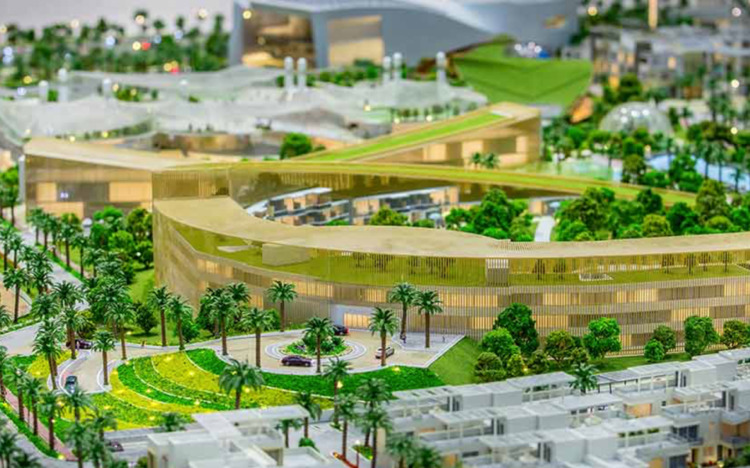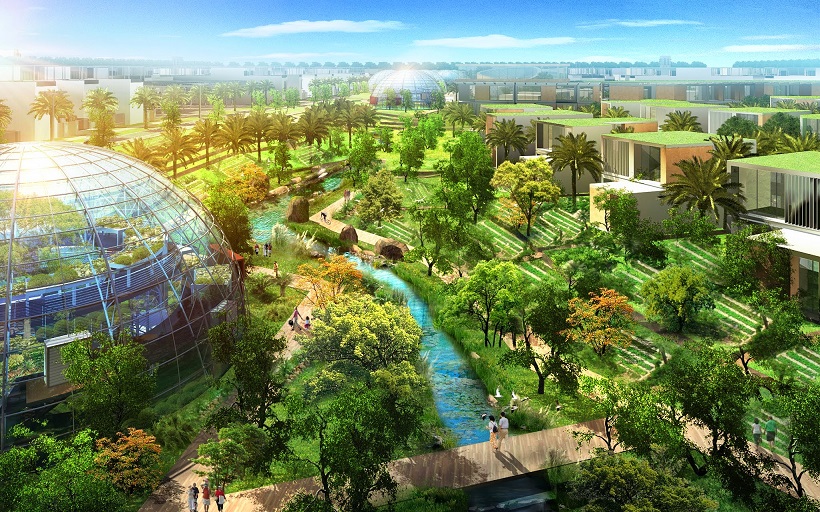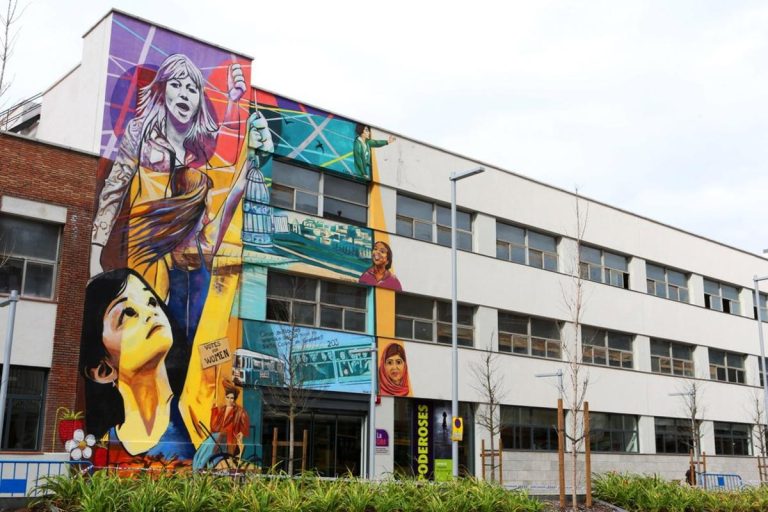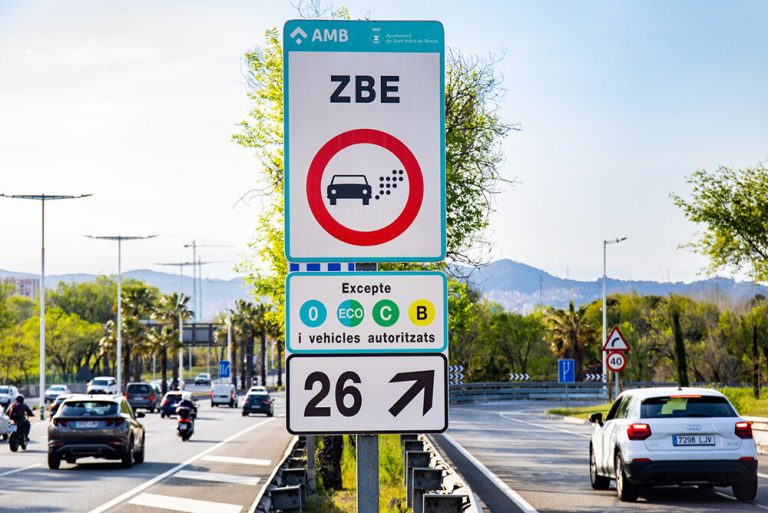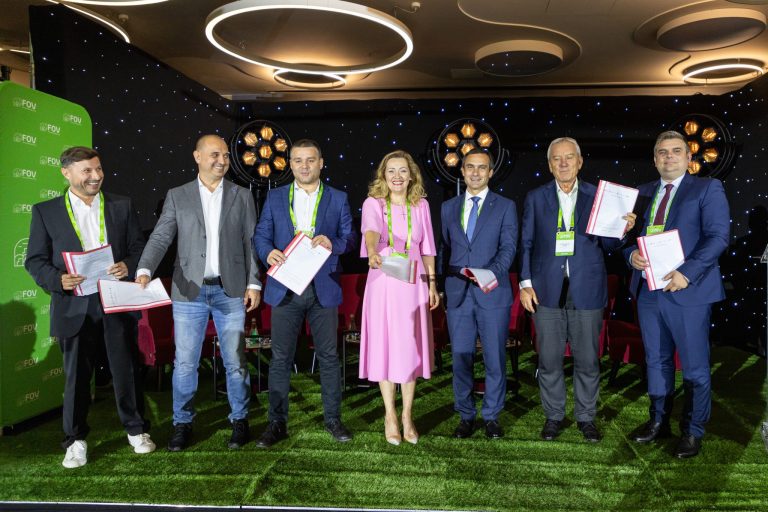Making cities smart is one thing. But making them green and sustainable in the future takes them to a higher level. Making cities sustainable makes them even smarter.
This is what the World Bank and the Global Environment Facility could have had in mind when they first conceived and launched the Urban Sustainability Framework (USF) during the 9th session of the World Urban Forum held in Kuala Lumpur, Malaysia in February 2018.
The Urban Sustainability Framework (1st edition) is a 160-page guide that contains comprehensive information for cities seeking to enhance their sustainability. It supports cities as they progress along the sustainability pathway, from creating a vision all the way to identifying financial resources to implement their plans.
The Urban Sustainability Framework has been developed by the Global Platform for Sustainable Cities to:
- Help build a common understanding of sustainability within an urban context;
- Provide practical guidance to cities on how to pursue urban sustainability through integrated approaches;
- Serve as a policy tool to support cities in collecting and integrating data, and using those data sets to define a vision, set targets, monitor progress, and forecast trends—all while being able to compare themselves with peer cities;
- Establish a common framework to measure urban sustainability so that cities can diagnose and benchmark their current performance, monitor the impacts of their policy and planning interventions, and share data and knowledge with other cities in the GPSC network and beyond.
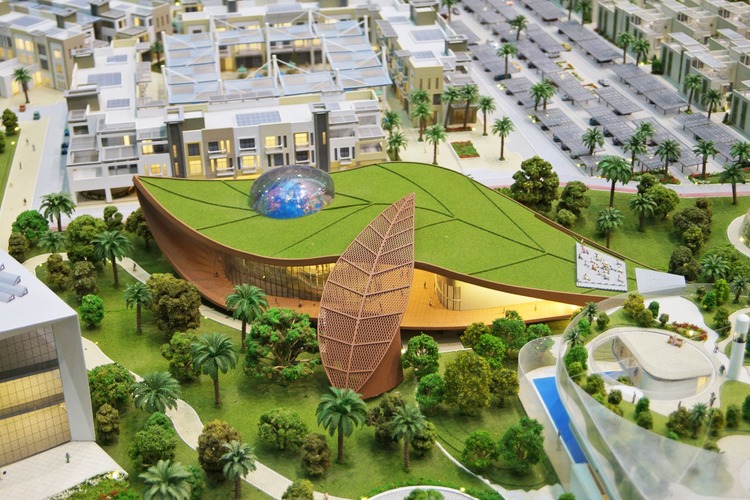
The Framework provides a four-stage approach for cities to serve as a road map for improving their sustainability status. It recognizes that different cities may be at different development stages but that all can make progress toward sustainability. These stages are as follows:
- Stage 1: Diagnosis. This stage answers the question: “Where are we now?” The diagnosis is a process that identifies key capabilities and critical sustainability gaps. It enables cities to respond to emerging trends, events, challenges, and opportunities.
- Stage 2: Vision and Priorities for Action. This stage poses the questions “Where do we want to go?” and “How do we get there?” The vision is oriented toward the future and attempts to foresee how the city could be more sustainable 10 to 20 years from now. This stage invites cities to formulate goals that give shape to what the city wants to become. The vision should correspond to the city’s needs, historical and cultural context, and current position on the sustainability pathway. To realize the vision, cities should have an effective action plan that outlines measurable targets and milestones, activities and initiatives for implementation, the responsibilities of each actor, and city budget commitments.
- Stage 3: Financing the Plan. This stage answers the question: “How do we finance urban investment necessary for achieving the chosen priorities?” Financing the priorities for action is critical: the process of identifying financing options should take place in parallel with the development of a city’s vision and priorities.
- Stage 4: Monitoring Framework. This stage answers the question: “Are we doing the right thing, and is our plan working?” Holistic monitoring and evaluation allows government officials and development managers to learn from past experiences, improve service delivery, and plan and allocate resources, while also demonstrating the results of the initiatives as part of their own accountability.
Apart from the four-stage approach, the framework also provides a measuring framework that lays out key enabling and outcome dimensions of urban sustainability, to wit:
- Governance and integrated planning in order to achieve integrated, well-planned urban development
- Fiscal sustainability to ensure accountable governance and financial viability
- Economic competitiveness to attain sustainable economic growth, prosperity, and competitiveness across all parts of the city
- Environment and resource efficiency to protect and conserve ecosystems and natural resources into perpetuity
- Low carbon and resilience to work toward mitigating greenhouse gas emissions while fostering the overall resilience of cities
- Social inclusiveness to work toward creating inclusive cities and improving cities’ livability, focusing on reducing poverty levels and inequality throughout cities
This evidence-based and integrated approach strives to help cities assess and understand where they are in their development, and to support them on the journey toward long-term urban sustainability.
Naoko Ishii, CEO and Chairperson Global Environment Facility and Ede Ijjasz-Vasquez Senior Director Global Practice for Social, Urban, Rural and Resilience World Bank Group said: “We are confident that through this collaboration, a shared vision and common approach to urban sustainable development can be forged. We invite cities to use the framework to meet the challenges they face today and in the coming decades, and we enthusiastically look forward to the collaborative efforts to adopt an integrated approach to urban sustainability.”
There can be no denying that the world is urbanizing at an unprecedented rate. While the process of urbanization offers numerous opportunities for cities, it also brings with it some challenges and even perils.
Be that as it may, as the Urban Sustainability Framework precisely phrased it: “how cities choose to respond to challenges can greatly influence the prosperity and quality of life of their residents.”
Find out more how the international community works out on its goal to build sustainable cities in the future in the video below:
https://www.youtube.com/watch?v=lJDt2-q6oT8&feature=youtu.be
Source: World Bank, Global Environment Facility, Urban Sustainability Framework
Photo: telegraph.co.uk, propsearch.ae, cleantechnica.com

